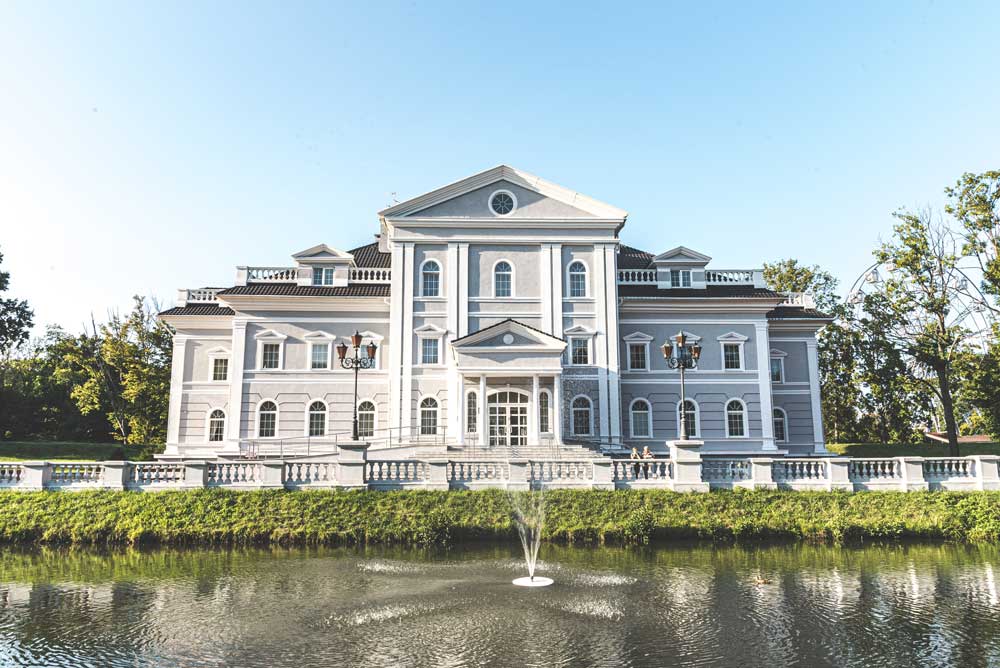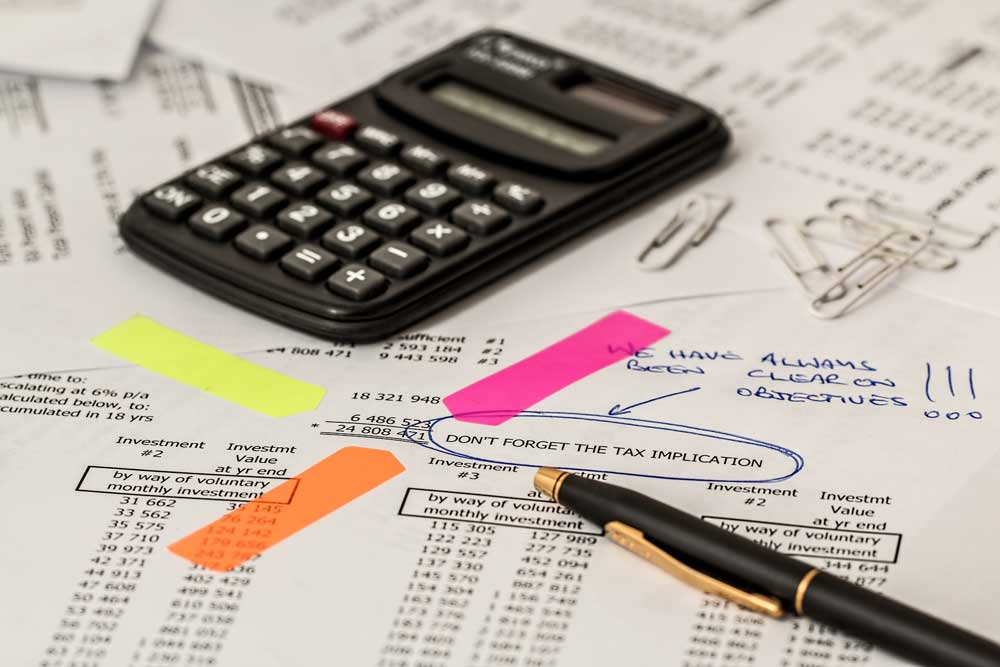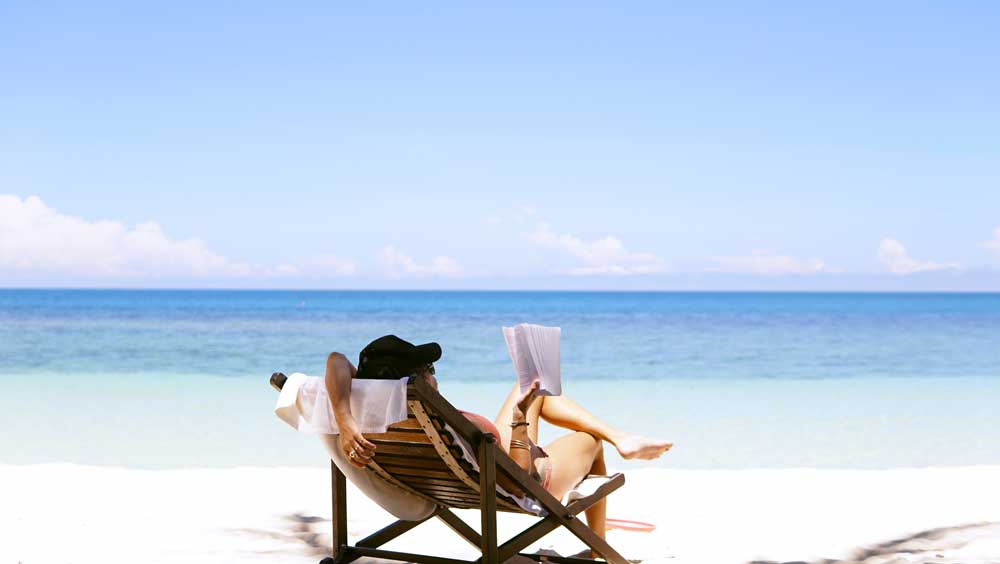
What to Know Before Buying a Vacation Home
Buying a vacation home represents a big decision and requires thoughtful preparation and planning. After all, a substantial amount of time and resources will be required to complete the purchase and ultimately maintain the property. Further complicating things is the fact that purchasing a vacation or recreational property may be grounded in emotions as opposed to rationality. For many, purchasing a vacation home is the realization of a dream and because of this its sometimes difficult to view such a purchase with an objective frame of mind. Yet with careful planning and fiscal responsibility, purchasing a vacation home can be a rewarding experience. With this goal in mind, we’ve prepared a list of the top eight mistakes to avoid when buying a vacation home and, more importantly, what to know before buying a vacation home.
Mistake #8: Buying a Vacation Rental Property Without Adequate Due Diligence
Business is booming in the vacation rental industry. Thanks to platforms such as Airbnb, VRBO and Booking.com, owners of vacation properties have access to thousands of vacationers eager for more intimate experiences.
Without completing adequate due diligence, however, owning a vacation rental property could become a challenging experience. Some of the questions you will need to consider include:
- How much money can you expect to bring in weekly, monthly and yearly?
- Is demand seasonal?
- How will the use of the property impact your tax status, mortgage, insurance and other related items?
- Are there short term rental regulations in place in the area? For strata properties, due the bylaws permit short term rentals?
- Who will manage the property?
- Are support services such as cleaning and repairs available?
These are only some of the questions that need to be considered. The good news is that, with a little upfront work, it is completely feasible to purchase a vacation rental property and thrive as many others have done.
Mistake #7: Completing a Purchase Without Adequate Tax Planning

At number seven in our list of mistakes to avoid when purchasing a vacation home is the often overlooked step of completing adequate tax planning.
The tax consequences of owning a vacation home are complex. Accordingly, appropriate advice should be sought before purchasing a vacation home.
Importantly, there may be certain steps that can be taken in advance that would otherwise be impossible to implement following completion of sale. For instance, are there different ownership structures that may provide benefits from a tax perspective? Is there an opportunity to take advantage of capital gains tax treatment for primary residences? If you will be renting out the property, do you need to complete additional tax filings and registrations? Taking the time to speak with an accountant familiar with these rules can help avoid headaches later down the road.
Mistake #6: Buying a Timeshare Without Reading the Fine Print
Its no secret that many vacationers have been taken advantage of by pushy sales people looking to sell timeshares to unsuspecting tourists. What seems like a great idea while riding that “vacation high” may turn into a feeling of regret.
With a timeshare, you own a portion of a vacation property that you can use on a limited basis, usually once a year. Depending upon the type of timeshare (fixed week, floating etc.), your usage rights may vary slightly. For these reasons, its important to read the fine print to better understand your usage rights, annual fees and other obligations. While timeshares are more affordable than outright ownership, the costs can add up over time and they are notoriously hard to sell. For these reasons and more, be sure to take your time to fully-understand what you’re signing-up for before completing a purchase.
Mistake #5: Buying a Vacation Home That is Too Far Away
At number five in our list of mistakes to avoid when purchasing a vacation home is the mistake of buying a vacation home that is too far away.
Above all else, a vacation home is a place for recreation and pleasure. Any time spent travelling will take away from your leisure time.
For this reason, you will need to consider the travel time between your primary residence and vacation home. So how far away should a vacation home be? Consider purchasing a property no more than 2 to 3 hours away if your vacation home will be used for trips of 1 to 2 days and avoid travelling more than 5 hours unless your vacation home will be used for trips of 7 days or more.
Mistake #4: Buying with Friends and Family Without Ironing out the Details

Buying a vacation property with friends, family or other loved ones can often seem like a great idea. Not only will your dollar go further by pooling savings together, but you will also get to share your property with loved ones. Important questions, however, need to be asked in advance in order to minimize the risk of conflict. Such questions may include:
- What purpose will the vacation home serve? For instance, will use of the property be reserved for family only?
- How is access to the property determined? Allocating a fair and equitable schedule annually can often be a challenge.
- How long is everyone’s ownership horizon? What happens if someone wants to sell before others are ready to do so?
- Who will maintain the property?
- How will title to the property be held and what happens upon the death of an owner?
- How will you decide the timing, scope and cost allocation of any necessary renovations?
These are only some of the questions that need to be asked and, for obvious reasons, its important to deal with them before jumping in.
Mistake #3: Buying Before You Visit the Area
Before buying a vacation home, be sure to visit the desired area first. Does the city or town have the desired amenities and infrastructure? Is the location safe and are the locals welcoming to tourists? By spending some time in the area you will have a better sense of whether you can see yourself returning year after year.
Mistake #2: Buying While on Vacation

At number two in our list of mistakes to avoid when purchasing a vacation home is the mistake of buying a vacation home while on vacation. While it may seem like a good idea at the time, this may prove to be incorrect when reality sets in. Given all of the elements at play, whether it be sensory overload or other stimulus leading to a relaxed frame of mind, you are far more likely to make an emotional purchasing decision. And while it is important to spend some time in the vacation destination before purchasing a home in the area, be sure to take your time before completing a purchase. Often this means waiting until you return home with a clear frame of mind. The last thing you want to do is rush such an important decision by purchasing a property while riding that “vacation high” (see Mistake #6: Buying a Timeshare Without Reading the Fine Print).
Mistake #1: Spending More Than You Can Afford
The biggest mistake that people often make is spending more than they can afford on a vacation property.
Many factors need to be taken into account to determine how much vacation home you can afford. This may include the size of your down payment, your debt to income ratio and any rental income from the property. In terms of your total debt to income ratio (i.e. total expenses over total income), most financial experts recommend keeping it at a rate of 30% or less for home expenses. Rental income will certainly increase your borrowing power as will a sizable down payment, whether it be available through a home-equity line of credit, investments or other savings. Importantly, crunch the numbers and be sure to avoid over-extending yourself. Owning a vacation home should be a positive experience and the financial stress of owning a vacation home can quickly erode any such positivity.
We hope you’ve enjoyed our top eight mistakes to avoid when buying a vacation home and, ultimately, what to know before buying a vacation home. Thanks for reading!
